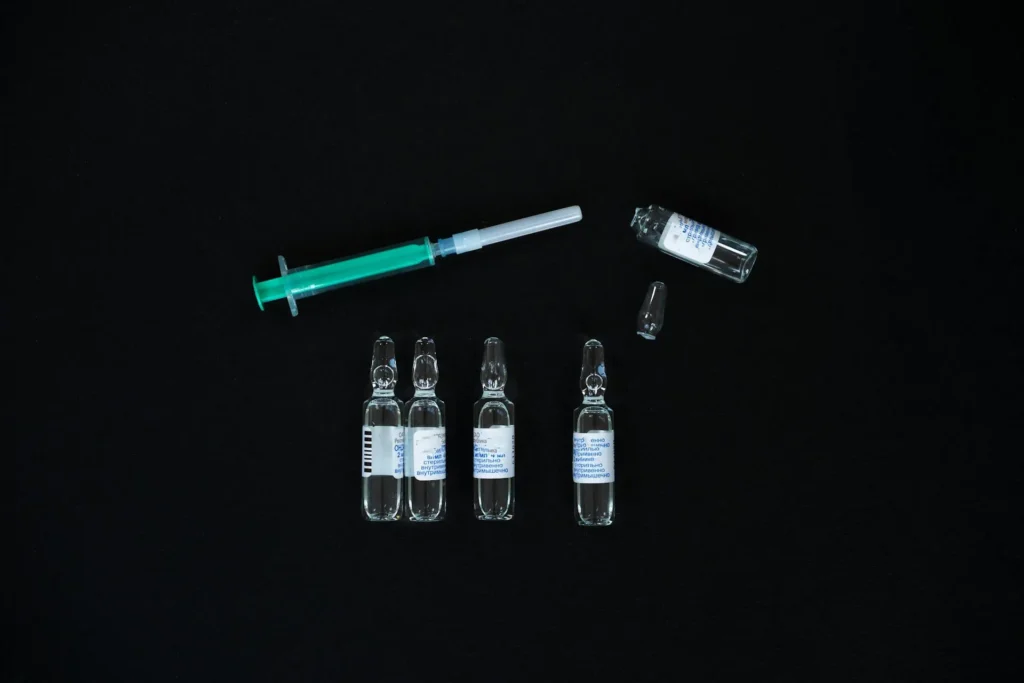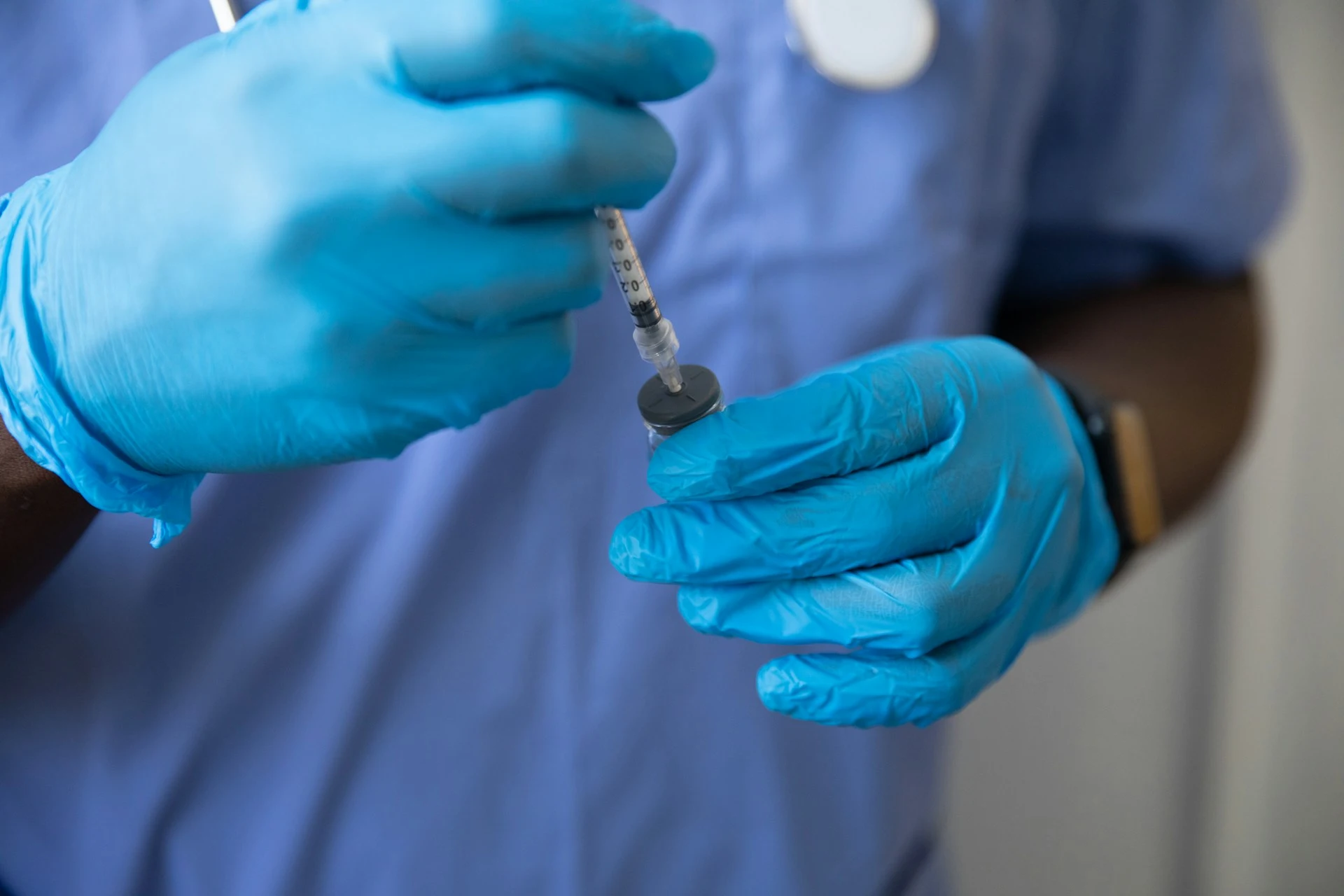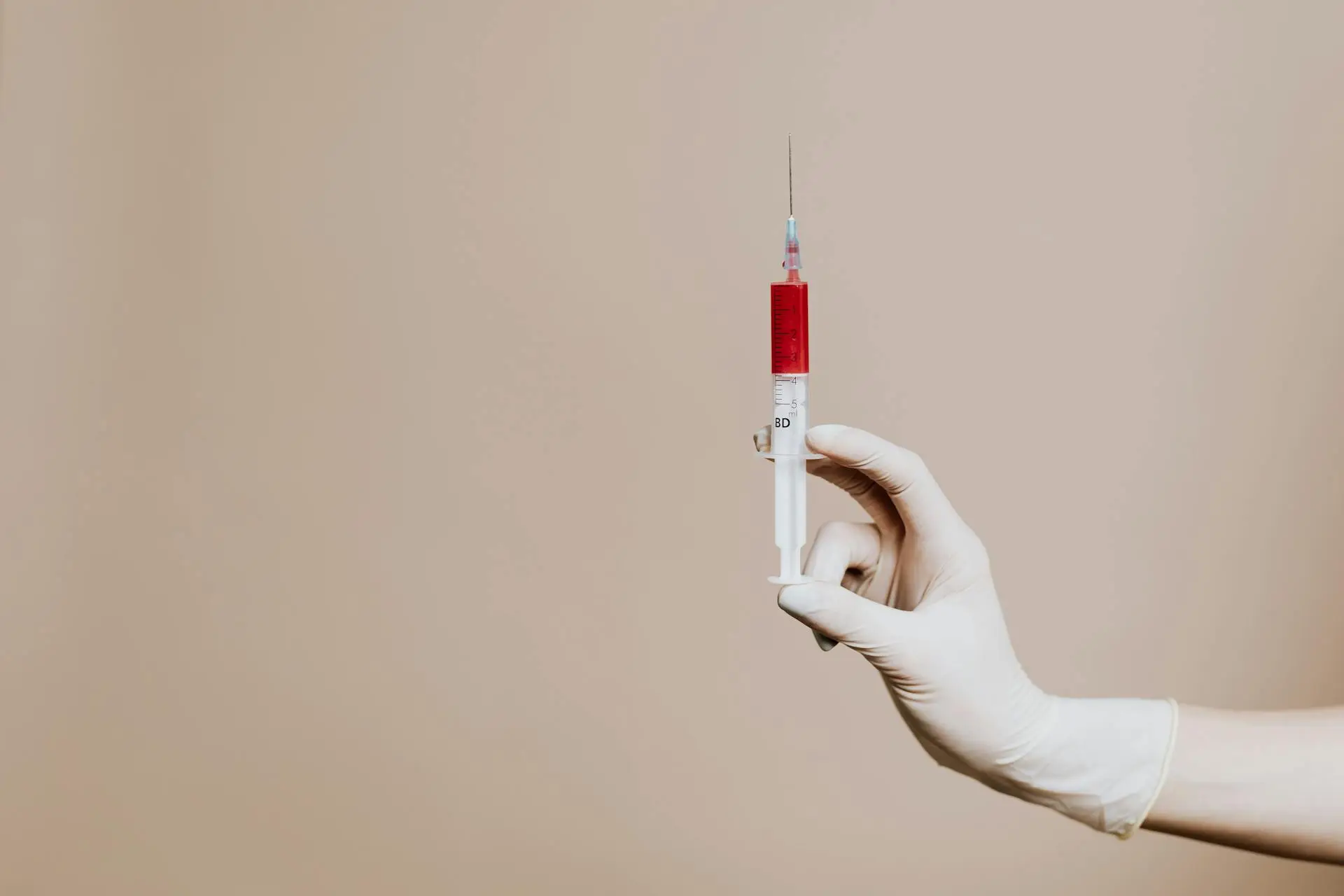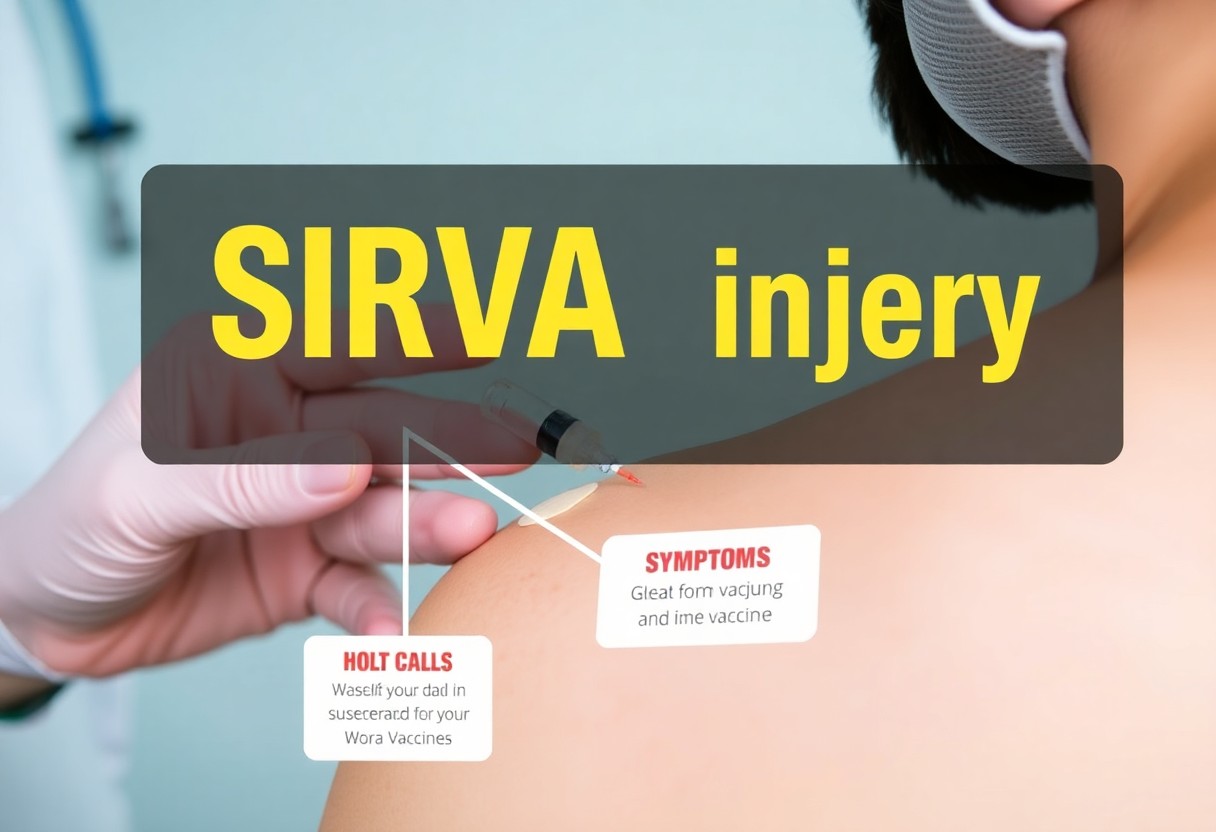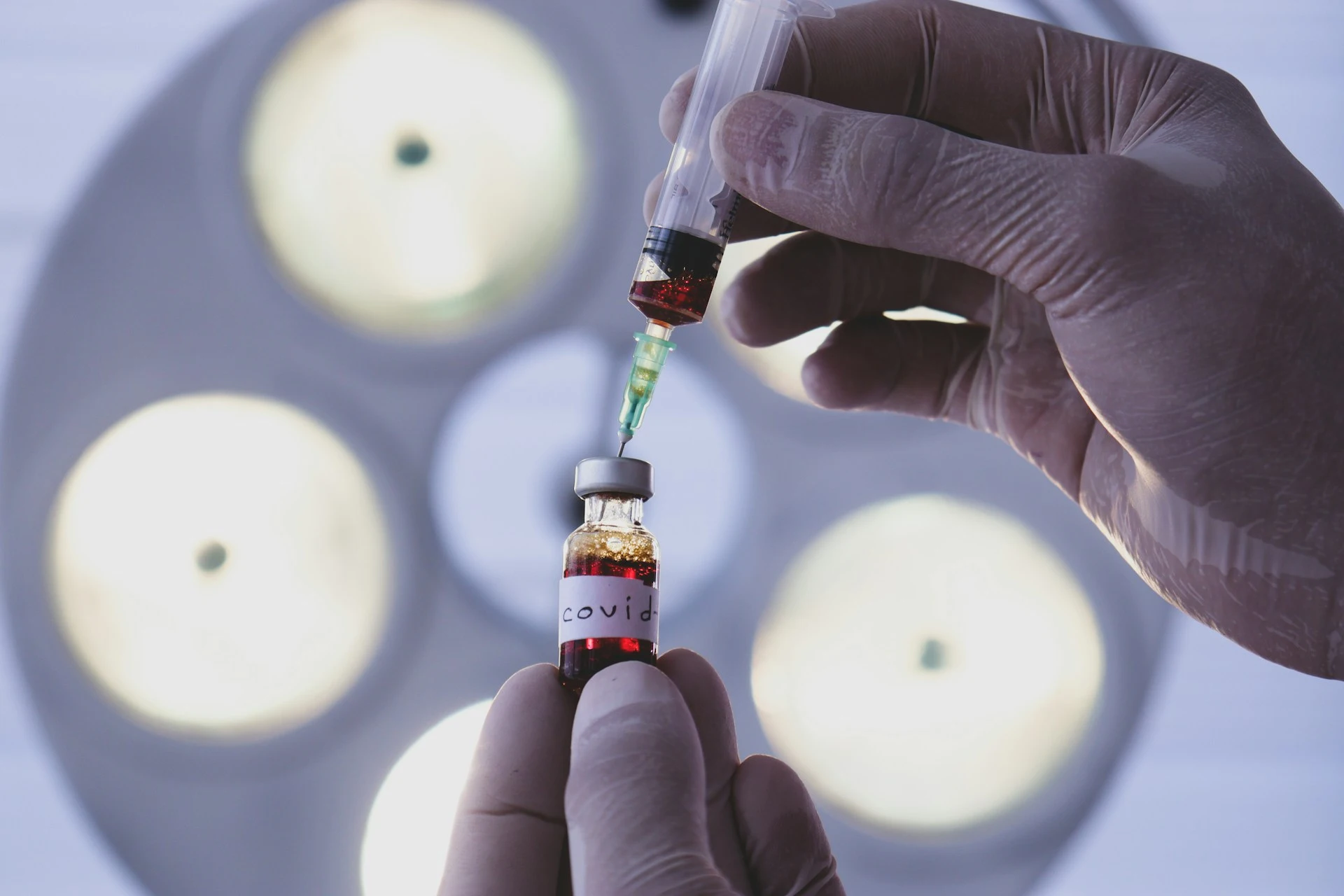Vaccines are important for health, but sometimes they can cause problems. One rare issue is called Shoulder Injury Related to Vaccine Administration (SIRVA). It happens when a person feels pain or discomfort in their shoulder after getting a vaccine, especially if the injection is given too high on the arm. Recognizing SIRVA is crucial. Let’s explore the signs that may indicate your vaccine injury could be SIRVA.
What is SIRVA?
SIRVA is an injury caused by the improper administration of a vaccine. It mainly affects the shoulder. This can lead to pain, swelling, and limited movement. The pain usually starts within a few hours or days after the vaccine. Knowing the signs is the first step towards seeking help.
Why should you care? Understanding SIRVA is important for anyone who has received a vaccine. Knowledge about SIRVA can help you identify if you are affected, allowing you to take the right actions.
Common Signs of SIRVA
1. Shoulder Pain
One of the first signs of SIRVA is pain in your shoulder. It can begin just hours after the injection. The pain may vary in intensity, from mild to severe. If you notice that your shoulder hurts a lot, it might be SIRVA.
Have you felt more pain than expected?
2. Limited Range of Motion
If you have difficulty moving your shoulder, that’s a key sign. You might struggle to lift your arm or reach overhead. This stiffness is common with SIRVA. Many people find daily activities get hard when they can’t move their shoulder properly.
- Try these movements:
- Lift your arm straight up.
- Reach behind your back.
- Rotate your arm in a circle.
If these actions feel painful, it’s time to pay attention.
3. Swelling or Tenderness
Another sign to watch for is swelling or tenderness around the injection site. The area may feel warm or sensitive when you touch it. This happens because of inflammation in the shoulder.
Is your shoulder warmer than usual?
4. Symptoms Persisting Over Time
Usually, pain from a vaccine goes away within a few days. If your shoulder pain lasts more than a few weeks, it could be SIRVA. Chronic pain is often associated with this injury. Make sure to seek medical advice if you notice this.
5. Pain Radiating Down Your Arm
Sometimes, pain may travel down the arm. This can create discomfort and numbness. If you feel this sensation following a vaccination, don’t ignore it.
For more information about symptoms, you can check resources like the CDC or the World Health Organization.
What Should You Do Next?
If you recognize these signs, the next step is seeking help. Here’s how you can manage your condition:
- Consult a Healthcare Professional: Talk to your doctor about your symptoms. They can guide you on proper treatment.
- Physical Therapy: A physical therapist can help you regain movement in your shoulder. They provide exercises to strengthen the muscles around your shoulder.
- Pain Management: Over-the-counter pain medicines can help reduce discomfort. Nonsteroidal anti-inflammatory drugs (NSAIDs) are often recommended.
Talking to a Lawyer
Sometimes, SIRVA can lead to long-term effects. If your situation doesn’t improve, it may be time to speak with a lawyer specializing in vaccine injuries. They can help you understand your options and guide you through any claims process.
You can learn more about seeking legal advice regarding SIRVA from Vaccine Injury Justice or from the Vaccine Adverse Event Reporting System.
Prevention Tips
To avoid SIRVA, you can take a few simple steps:
- Choose the Right Injection Site: Vaccines should be given in the muscle of the upper arm, about 5 to 7 cm below the acromion.
- Ensure Proper Technique: Healthcare providers need to use the correct technique to minimize risk.
For more on proper vaccination administration techniques, the CDC Guidelines is an excellent resource.
FAQs
Q1: Is SIRVA common?
SIRVA is rare but can happen. It affects a small number of people.
Q2: Can SIRVA be treated?
Yes, with proper treatment, symptoms can often improve.
Q3: How long does SIRVA last?
Symptoms can last from a few weeks to several months, depending on treatment.
Understanding SIRVA is essential for anyone who has received a vaccine. If you’re experiencing the signs mentioned above, do not hesitate to seek help. Early identification and treatment can make a significant difference in your recovery. For additional information and support, consider visiting trusted health organizations like Healthline or Mayo Clinic. They have valuable resources that can guide you in managing your condition effectively.


